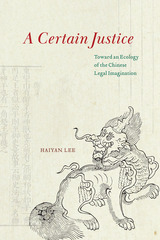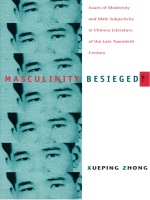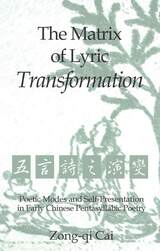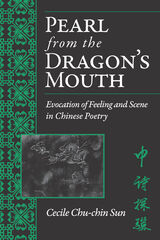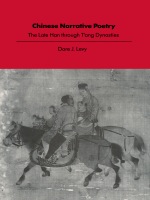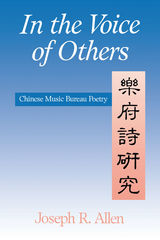Cloth: 978-0-674-02140-2
Library of Congress Classification PL2307.S34 2006
Dewey Decimal Classification 895.11009
Many poems in the Chinese tradition come to us embedded in narratives purporting to tell the circumstances of their composition and performance. "Poetic competence" is demonstrated in these narratives through a person's ability to influence the attitudes and behavior of others with poetic discourse. Such competence can be apprehended only in the context of a narrative, which sets forth a representation of the conditions of a poem's production, performance, and reception. These narratives are not so much faithful historical records as ideal accounts of the operation of poetry. Such stories both fulfill and deny wishes for poetry and for the self; it is these wishes that merit our careful attention.
As traced in Words Well Put, the vision of poetic competence evolved for over a millennium from calculated performances of inherited words to sincere passionate outbursts to displays of verbal wit combining calculation with the appearance of spontaneity. By the seventh century, calculation, passion, and wit had converged to produce a multivalent concept of competence as a repertoire of competencies to use as the occasion demanded. This book tells the story of the development of poetic competence to uncover the complexity of the concept and to identify the sources and exemplars of that complexity.
See other books on: Asian | Chinese poetry | Chinese Tradition | Sanders, Graham | Visions
See other titles from Harvard University Press




